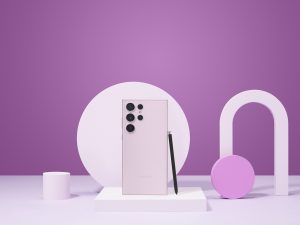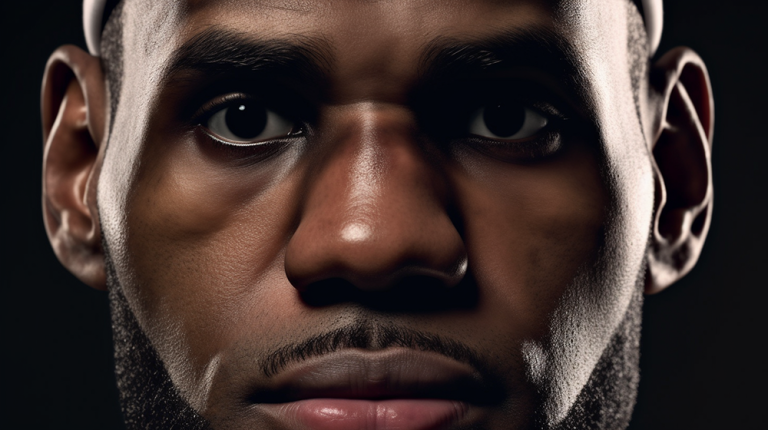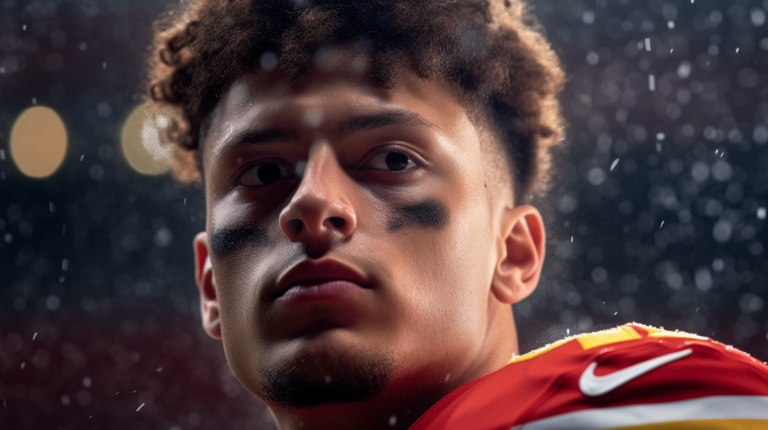Chromecast has quickly become one of the best streaming devices in the market. We can credit its success to many factors, including its price and ease of use – but why are developers really choosing to support the platform?
BBC iPlayer has just received Chromecast support, in perfect time for the device’s UK release (which was this week). This is not a topic most developers cover, but BBC has gone in the record about why Chromecast was their streaming device of choice.
Apple TV vs. Chromecast
Apple TV and Chromecast are obvious competitors, but why did BBC choose to support one and not the other? It’s all about support! BBC Executive Product Manager Chris Yanda mentions that the main reason was that Apple TV only works with other Apple devices. This obviously limits their audience, making Chromecast the best option.
BBC has now updated iPlayer for Android and iOS with Chromecast support. To make things even better, soon they will also support casting from Mac, Windows, Linux and Chrome OS (via the Chrome browser). Apple, of course, would not allow support for most said platforms.
Streaming management
Another thing BBC mentions is the ability to let the Chromecast handle the streaming options. They like the fact that they can set profiles to have the streams optimized for different internet speeds. Here are the iPlayer settings BBC has chosen.
- 796 kbps at a resolution of 640 x 360
- 1500 kbps at a resolution of 832 x 468
- 2800 kbps at a resolution of 1280 x 720
According to BBC, their app start streaming at 1500kbps by default. It then goes up or down depending on your internet speeds.
Why else do developers choose Chromecast?
 These are some great reasons to join the Chromecast bandwagon, but there must be other reasons why developers choose to support Chromecast. I am sure the device’s quick adoption and success is an obvious one. It’s also nice that Google has simple ways for developers to bring Chromecast support to their apps.
These are some great reasons to join the Chromecast bandwagon, but there must be other reasons why developers choose to support Chromecast. I am sure the device’s quick adoption and success is an obvious one. It’s also nice that Google has simple ways for developers to bring Chromecast support to their apps.
Why else do you think Chromecast is doing so well with developers?
[BBC]










